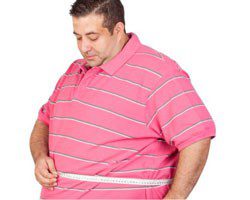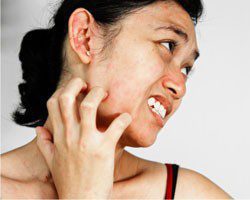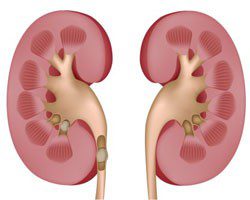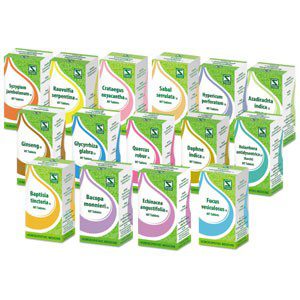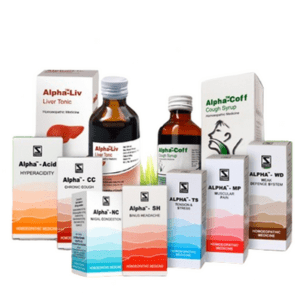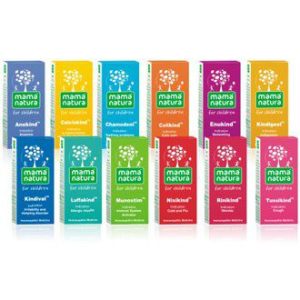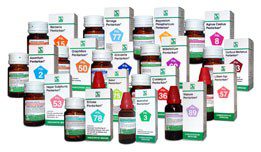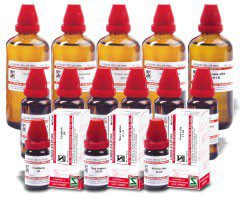Doctors Zone
Journal (JEBH)
Alpha™- Liv Drops
Alpha – Liv Drops Due to high demand from the market, for a formulation in drops for the liver, apart from the syrup already available in the market, Schwabe India developed this product. Introduction The liver plays a key role in metabolism. It has anabolic and catabolic, exocrine and endocrine functions. The liver is a blood reservoir, filter and store of different substances (e.g. glycogen, vitamins). It is the site of serum protein (e.g. albumin, prothrombin, fibrinogen) and enzyme synthesis. Metabolic processes (e.g. bilirubin, hormone, carbohydrate and lipid turnover) and the removal of toxic products are important liver functions. 1 Hepatotoxins (e.g. alcohol, tetracycline, acetaminophen, fungal toxins, and anabolic steroids) can cause specific damage to liver cells. Toxic hepatitis may be clinically silent or severe enough to lead to the rapid development of hepatic failure. Clinical features include hepatomegaly, enzyme abnormalities, fever, abdominal pain, anorexia, nausea, vomiting and weight loss. In patients with underlying cirrhosis, manifestations of portal hypertension may predominate. Aversion to fatty food, abdominal discomfort, nausea and vomiting after meals may be symptoms of 2 cholelithiasis. Jaundice results from accumulation of bilirubin. It has non-hepatic as well as hepatic causes. Hyperbilirubinaemia may be due to abnormalities in the 3 formation, transport, metabolism or excretion of bilirubin. TM Alpha -Liv Drops aids recovery and normalisation of liver functions. Severe liver disease needs specialised treatment. Indications: Slow liver functions, fatty liver, and for supportive treatment of hepatocellular jaundice and toxic liver damage.

Schwabe News Oct to Dec 2016 Treatment of cancer patient by Homoeopathy – Schwabe India
Treatment of cancer patients by Homoeopathy and complementary medicine
A study has been conducted in Europe on cancer patients to find out effectiveness of homoeopathy and complementary medicine. For the collection of data cross-sectional descriptive survey was designed. A elaborated questionnaire concerning entire oncology therapies to be administered to all the national health system oncology centres in each European country. Until 31 December 2013 information was recieved from 123 (52.1%) out of the 236 centres contacted. 24 from Italy and 23 from other European countries out of 99 responding centers meeting inclusion criteria provided integrative oncology treatment. On average 301.2 to 337 numbers of patients seen per years among these centres providing these kind of therapies. Thirty-two centres (68.1%) had research in progress or carried out until the deadline of the survey. Complementary/alternative medicine like homoeopathy provided to cancer patients mainly directed to reduce adverse reactions to chemo-radiotherapy (23.9%), in particular nausea and vomiting (13.4%), leukopenia (5%), pain and fatigue (10.9%), to reduce side effects of iatrogenic menopause (8.8%), to improve anxiety and depression (5.9%), gastrointestinal disorders (5%), sleep disturbances and neuropathy (3.8%). To increase the knowledge in this field and provide evidence-based healthcare, mapping of the centres across Europe is an essential step in the process of creating European network.
Reference: Elio Rossi, Alessandra Vita, Sonia Baccetti, Mariella Di Stefano, Fabio Voller and Alberto Zanobini, Homeopathy and complementary medicine for cancer patients: results of a survey on integrative oncology centres in Europe, Homeopathy, February 2016Volume 105, Issue 1, Pages 21.
Recent Advancements in Basic Homeopathic Research – A Report on Two Significant Publication
In a study conducted at the Experimental Farm of the State University of Santa Catarina, Brazil, researchers investigated the impact of homeopathic treatments on piglets during the nursery phase. The study aimed to determine whether homeopathic agents could reduce fighting behavior, improve growth performance, and affect hematological, metabolic, and oxidative variables. The study included 108 weaned piglets divided into four groups: a negative control group receiving only the basal diet, and three groups receiving different homeopathic treatments at varying dosages.
Journal of Evidence Based Homeopathy Volume: 1, Issue: 1, January - June 2023
Comprehensive articles

Agrohomeopathy – A Review
Short cases

Unmasking the Intricacies: A Pyogenic Abscess Case Report

Lichen Simplex: A Singular Case Study

Ranula Unveiled: A Case Report and Management Approach

Lichen Simplex: A Singular Case Study

A Puzzling Presentation: A Case Report of Jaundice
Recent provings and updated materia medica

Acidum Formicum

Mygale

Thea Chinensis
Materia medica on phytohomeopathy

Chrysarobinum

Sanguinarinum nitricum

Thiosinaminum
Mother tincture

Asparagus Officinalis

Ginkgo Biloba

Rosmarinus Officinalis
Product watch

Alpha™- Liv Drops

Good Morning™ Constipation Drops

Zauber™ Hair Drops
Research News








